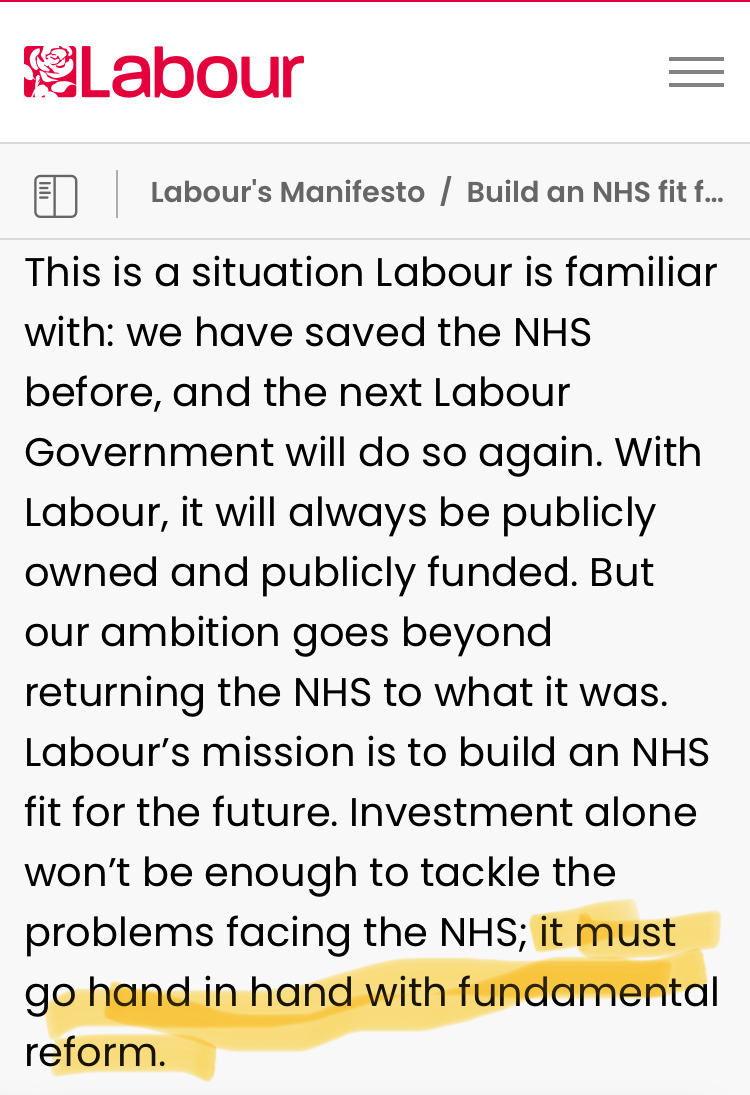The dangers of misunderstanding the comparison between FLU and COVID-19.
There have been significant misinterpretations of the FLU death numbers. For some this has justified a "covid is not that bad" mentality. The dangers of group-think, once again.
1/n
#COVID19
#MedTwitter
There have been significant misinterpretations of the FLU death numbers. For some this has justified a "covid is not that bad" mentality. The dangers of group-think, once again.
1/n
#COVID19
#MedTwitter
Covid and flu can both cause viral pneumonia. Both can lead to secondary bacterial pneumonia.
But the direct death rate of each is:
Flu = 4/day
Bacterial Pneumonia = 55/day
Covid = 125/day (at CURRENT rates!)
ONS:
But the direct death rate of each is:
Flu = 4/day
Bacterial Pneumonia = 55/day
Covid = 125/day (at CURRENT rates!)
ONS:

Most of us experience FLU as an unpleasant but rarely serious illness. This remains true for those of us working in acute medicine - we rarely see a flu pneumonia.
We do see a lot of bacterial pneumonia and now Covid pneumonia.
[Thanks to @jneill for graphic]
We do see a lot of bacterial pneumonia and now Covid pneumonia.
[Thanks to @jneill for graphic]

Where does the confusion or mis-information come from?
Sometimes its just that flu and (bacterial) pneumonia are lumped together: "20k deaths from flu and pneumonia".
Actually less than 10% are caused by FLU, the vast majority are caused by bacteria (like strep).
Sometimes its just that flu and (bacterial) pneumonia are lumped together: "20k deaths from flu and pneumonia".
Actually less than 10% are caused by FLU, the vast majority are caused by bacteria (like strep).
You may also have heard some stating flu kills between 4,000 to 20,000 people a year in the UK. These numbers come from modelling studies and are projections for a possible contributory role of Flu in other deaths, mainly bacterial pneumonia.
The hypothesis is that while flu causes only a small number of deaths, it can weaken the body and can increase the chance of death from other things...mainly bacterial pneumonia.
While this may be so (more evidence is needed), the deaths referred to are by bacterial pneumonia.
While this may be so (more evidence is needed), the deaths referred to are by bacterial pneumonia.
So, the modelling effectively TAKES deaths from the bacterial pneumonia column and puts them in the Flu column. The argument: take flu more seriously!
You can't of course use the same modelling to argue Covid is not that serious.
You can't of course use the same modelling to argue Covid is not that serious.
The issue is perception. We perceive flu to be relatively benign. So, if we say Covid is currently killing three times that of flu, it may not sound that bad - very few people know someone who has died of flu.
But these higher numbers quoted refer to bacterial pneumonia.
But these higher numbers quoted refer to bacterial pneumonia.
Comparisons with bacterial pneumonia cause no such perception problems. We know the number of deaths, we know the burden on health services it causes, and there is no need to use modelling or projections.
➡️On a population level, pneumonia is bad, but Covid is much worse.
➡️On a population level, pneumonia is bad, but Covid is much worse.
At the current rates of Covid, it is TRIPLING the total number of deaths from community acquired pneumonia (includes flu and bacterial). It is likely TRIPLING the healthcare BURDEN from pneumonia both acutely and in the longer term.
The public health impact of COVID is massive!
The public health impact of COVID is massive!
@NicolaSturgeon @DrGregorSmith @sajidjavid @MarkDrakeford @AmandaPritchard @Carolineslamb @martinmckee @MartinRCGP @JeremyFarrar @theAliceRoberts @CNagpaul @mattinadakim @ClareGerada @HelenRSalisbury @devisridhar @Kit_Yates_Maths @HumzaYousaf @Eluned_Morgan @RobinSwannMoH
@drphilhammond @NHSMillion @AbraarKaran @chrischirp @ChrisCEOHopson @d_spiegel @JaneyGodley @robert1lefty @ahmedhankir @doctorsoumya @AnantBhan @rupert_pearse @DrLindaDykes @mikegalsworthy @fascinatorfun @trishgreenhalgh @DrNeilStone @NHSLeader @ProfJDChalmers @GermHunterMD
@PaulSaxMD @hughlaurie @mugecevik @Jopo_dr @cpeedell @parthaskar @HelenBevanTweet @profshanecrotty @fitterhappierAJ @DrZoeHyde @helenh49 @profchrisham @NHS_RobW @CarolineLucas @DavidLammy @campbellclaret @PeterStefanovi2 @BWallArthur @Robbi_K_ @NHSActivistRN @DarkVenus
@AlisonGeorge10 @alisonleary1 @DrSelvarajah @DrNeenaJha @BinitaKane @DrDomPimenta @drmeenalviz @silv24 @SusanMichie @drbenwhite @Zubhaque @PeterASinger @gabbystern @seahorse4000 @DrRosena @ReicherStephen @dr_shibley @GeorgeMonbiot @DrShanHussain @SGriffin_Lab
• • •
Missing some Tweet in this thread? You can try to
force a refresh











